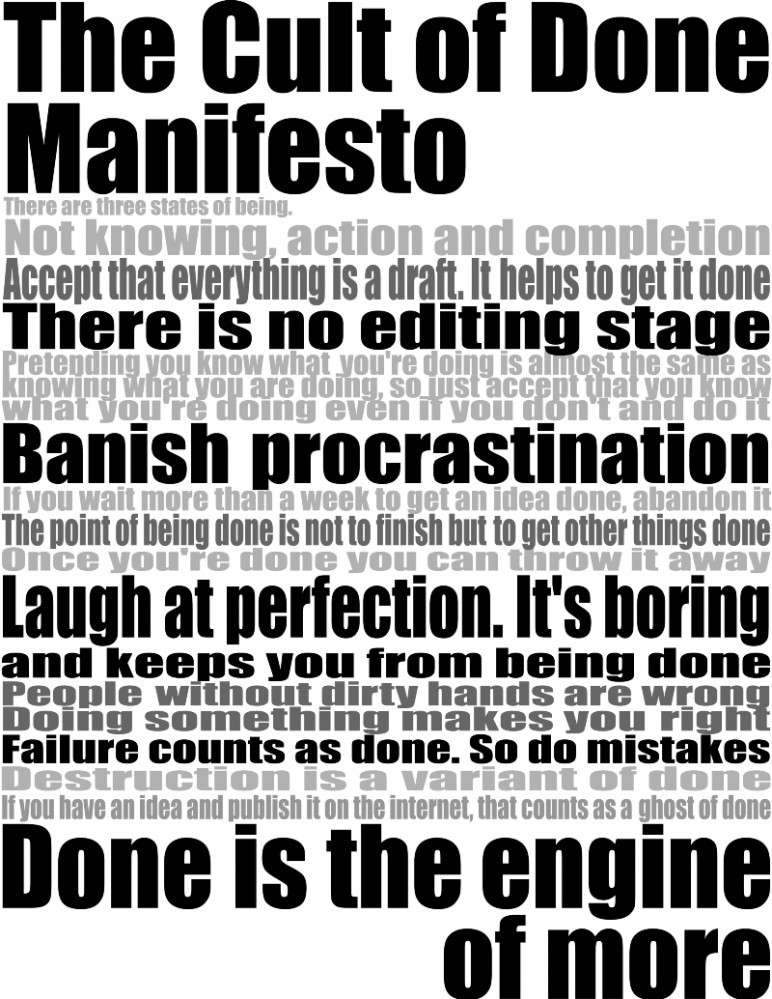
The dreaded edit
I have written, re-written and totally scrapped to start fresh, how many of you out there are in the same boat? It’s rough, yeah, but the scariest part for me was facing the monumental task of self-editing my own work. I had no idea how to self edit my writing, I actually wish there was a good free self editing software package that I could use so that I don’t have to edit my writing. There are a few options out there, Grammarly, and the editing software at Wealthy Affiliate are both good examples of capable editors. You still need to proof-read the finalized copy but they catch the bulk of the issues that come up. Enough of hoping and cheating as it were, when all else fails, you still need to edit the damned manuscript before you are willing to hand it off to anybody else for anything. We self editing fiction writers are a special breed of insecure, so the million dollar question is how to self edit your writing?
There’s a couple of consistent steps across the whole spectrum given that this is fiction writing we’re usually talking about. Even non-fiction can benefit from these points, but non-fiction is a different beast. You’re usually not so far into “The Zone” with non-fiction that you can’t self edit on the fly as it were. So in general (since I can’t know what will work for any single one of you) here’s what to do for the best possible results.
1: Split up with your manuscript.
You heard me, kick that ungrateful heap to the metaphorical curb. You need some space. It’ll help. You can clear you head, let go of the stress and anxiety, in general, just like getting separated from your significant other (romantic interest), once you calm down, you will sleep better, be able to think clearer, all that fun stuff. But as time goes on, just like missing your partner, you will get to a point where it’s time to pick it up again. You start to remember why you fell in love with the story in the first place, and you can see the good as you read it. That’s the point however, with some emotional space, you get to be able to see what’s on the page, rather than what you remember typing.
2: Read it upside down and backwards.
Not literally, unless you want to and that helps you. What I’m saying is get the format out of its usual frame of reference. Print it out long form if you’re used to reading on the screen. Read it aloud or set the computer’s voice to read it for you. Get the words out of the format that you usually see (?) them in. Absorbing the words in a different format allows you to see or hear things that might be just a little out of whack. It took me ages to accept this as truth. The effectiveness speaks for itself.
3: Now, focus on your delivery, push… push… push!
Sorry, little pregnancy humour there. Catholic father here, five natural children that I accompanied my wife through the process of delivering; lots of pushing. Seriously however, check your story’s delivery. This is where you take it block by block, no more than a paragraph or two usually, and focus on pruning out adverbs, using ‘show don’t tell’ mindsets, avoiding monologues, avoiding hand of God solutions, and stay in the active voice. Above all else, make sure it’s consistent throughout.
4: Finally, relax and do a couple of lines… at a time.
Line editing, the final step. You can use Grammarly now, or if you’re on Wealthy Affiliate the spell/grammar check is awesome. MS Word, or Google docs, or Open office have adequate spell checkers, but their grammar checking leaves a little to be desired. So, in all seriousness, take each line, and check for spelling, punctuation, grammar usage, verb tense, etc. One or two lines or sentences at a time.
5: Realize nothing is ever going to be perfect, but it’s now close, let a friend tell you it’s crap.
OK, maybe not. maybe you’re a prodigy, and the manuscript really is perfect. I’ve met a few authors that have such on their skill sets. Sara King is one of them. (yeah that’s a blatant plug and an affiliate link there to her Amazon Site, you really need to check her stuff out, you’ll lose sleep over it). But if you’re like me and also prefer to think your writing is crap, get a few (three or four at most) friends to also do the read over, or line edit if they’re confident enough to do so.
6: Remember the Manifesto of Done
Now, after making the required changes, publish it (or pitch it) and start the next book. Because there’s nothing your fan’s hate more than having to wait years between releases. Just ask any successful author. Readers read much MUCH faster than writers write. So write as fast as your comfortable doing so but it’s time to get back to work on the next one, we want it yesterday.
